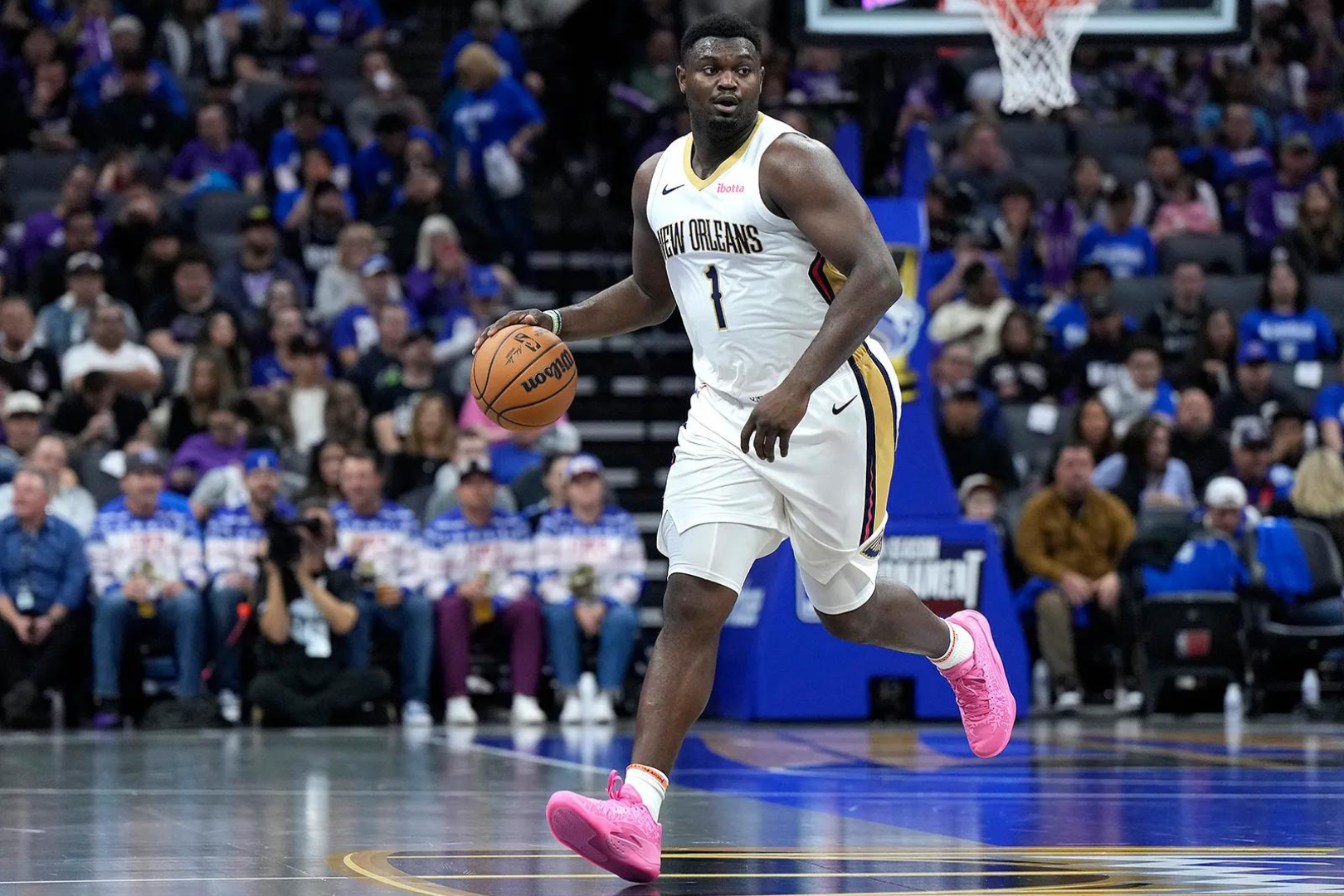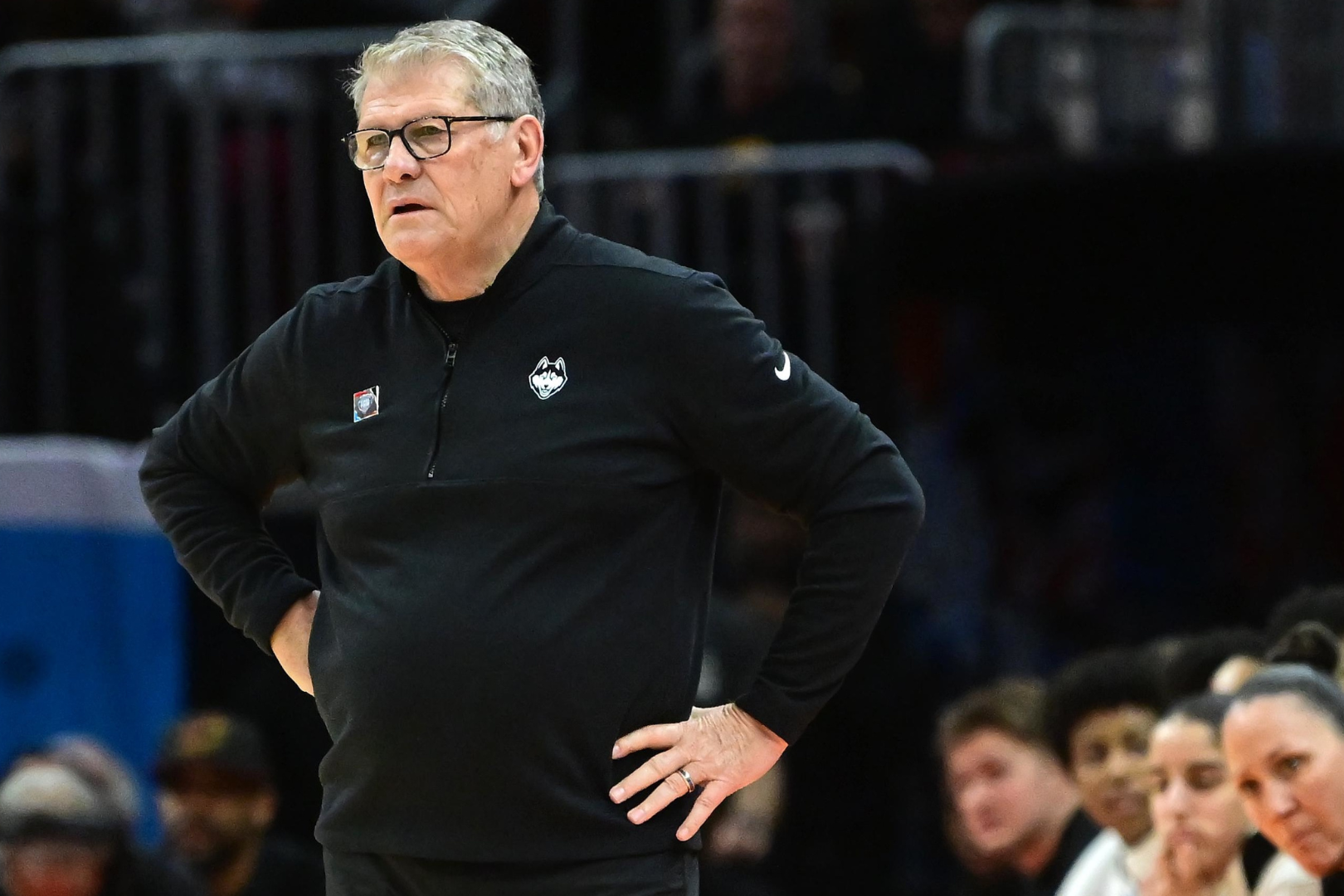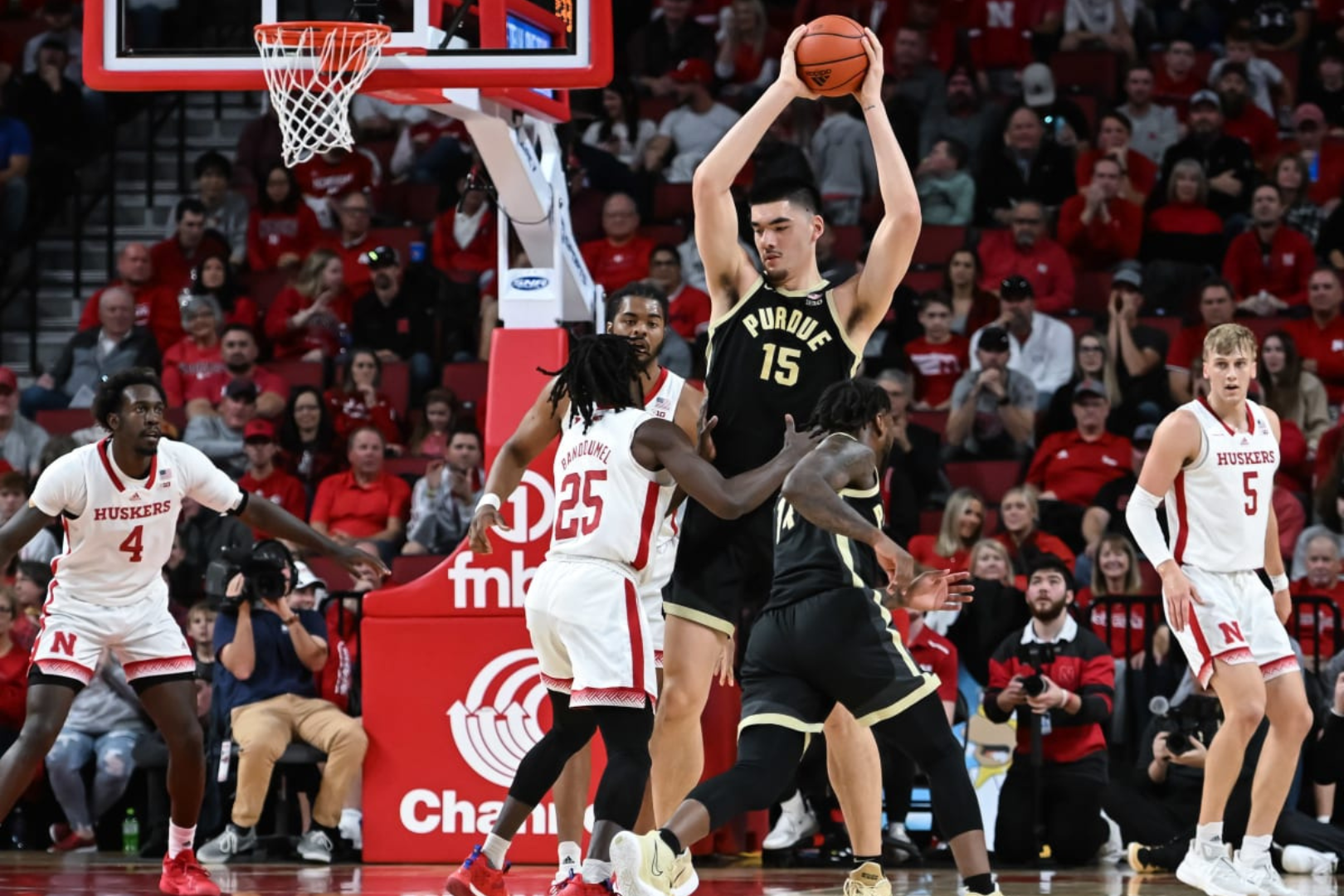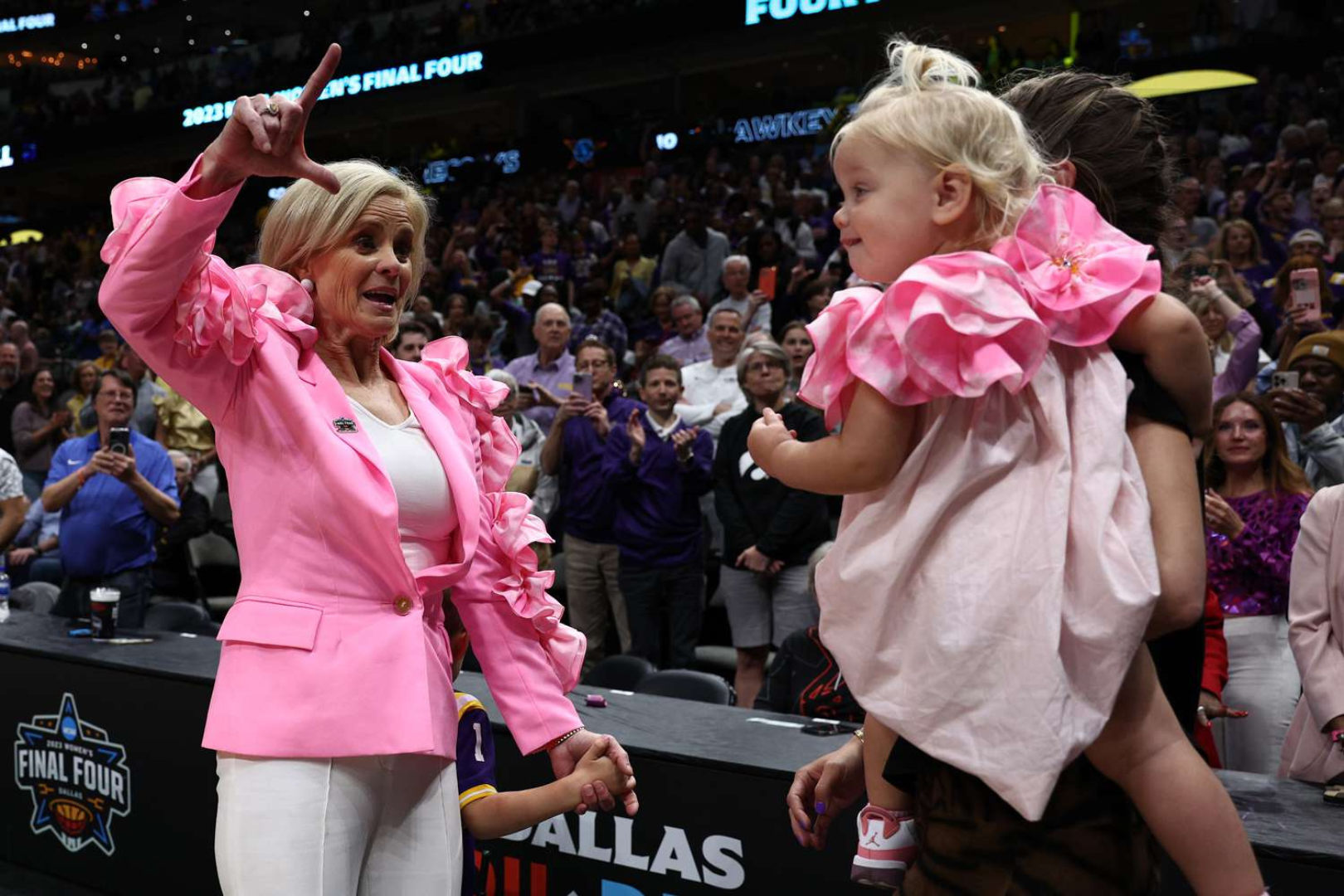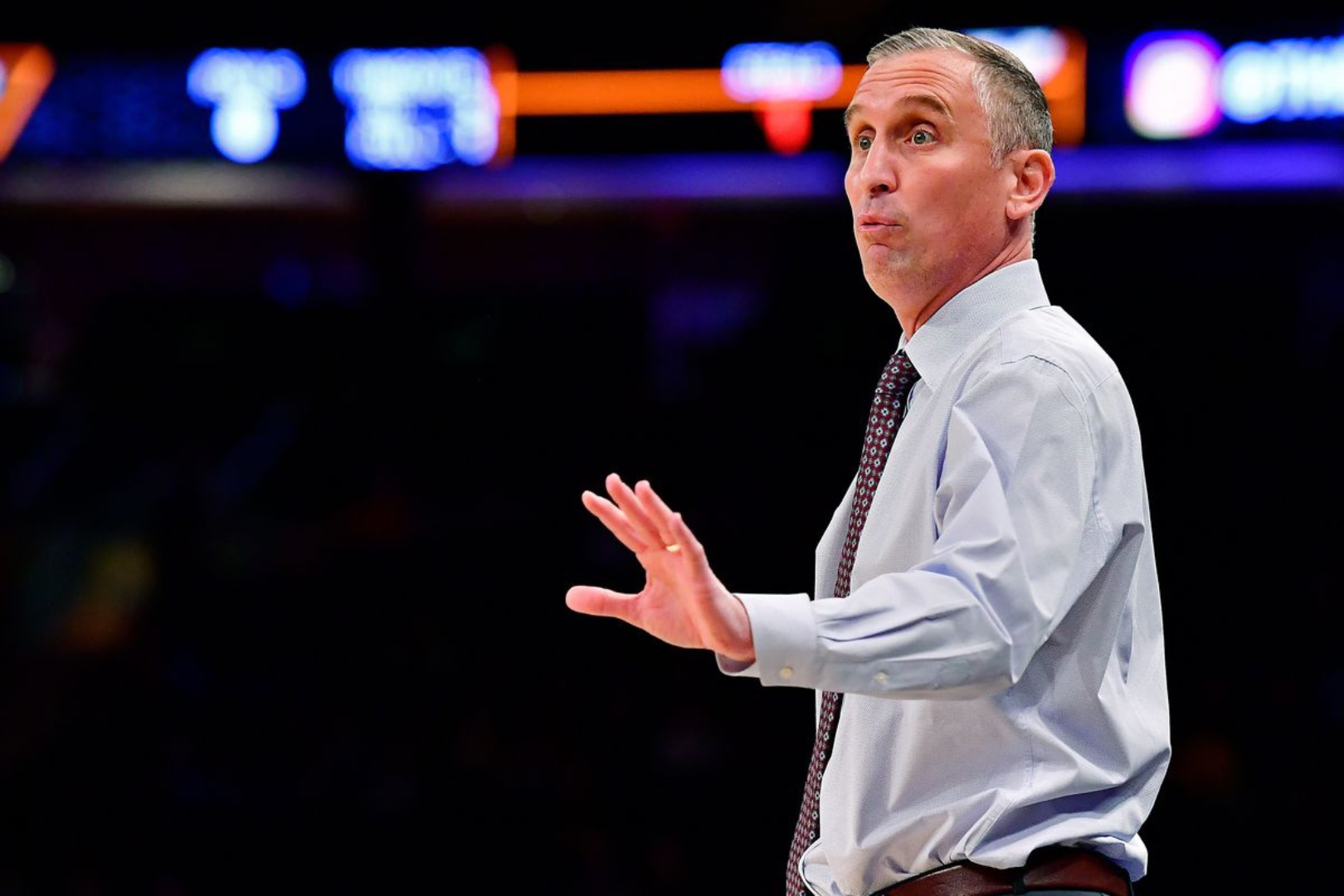
What is the lowest GPA to get a D1 scholarship?
What is the lowest GPA to get a D1 scholarship?
By Justin Rubin June 27, 2023 18:57
Firstly, it's important to understand that D1 athletic scholarships cover a portion of tuition and fees, books, room, board, and sometimes living expenses. These scholarships are offered at the NCAA D1 and D2 levels, as well as at the NAIA and NJCAA levels. Athletic scholarships are not all full rides, with only head count sports offering full rides. Equivalency sports usually offer partial scholarships. Fewer than 2% of high school student-athletes are offered athletic scholarships, which adds up to over $2.7 billion annually for D1 and D2 alone.
The minimum GPA for NCAA Divisions 1 and 2 is 2.0 on a 4.0 scale, but a combined score of 1010 on the critical reading and math sections of the SAT or 86 on the four sections of the ACT is also required. The NCAA uses a sliding scale of GPA and standardized test scores, with higher GPAs requiring lower test scores. NAIA athletes must fulfill two out of three requirements, while NCAA Division 3 schools determine individual eligibility requirements. Colleges and universities often have higher academic standards than the Eligibility Center.
However, coaches care about more than just athletic ability. Better grades increase scholarship chances. A GPA that lies within the range of 2.0-2.3 is still able to qualify for an athletic scholarship, but upon enrolling, the student will be temporarily on academic probation and must work with an academic advisor to maintain academic eligibility. The GPA requirement for sports scholarships varies by division, but a 2.3 high school GPA is necessary to participate in team activities during the first year of college. NCAA eligibility requirements progress throughout a student’s four years at university. NCAA core course requirements must be completed, and students need to take the PSAT, SAT, and ACT exams, as well as create a certification account with the NCAA Eligibility Center.
So, while a 2.0 GPA is the minimum requirement for NCAA D1 and D2 athletes, it's important to remember that this is just the bare minimum. Coaches and universities often have higher academic standards than the NCAA Eligibility Center. Maintaining a strong academic record is essential to increase the chances of receiving a D1 scholarship, even as a senior.
In addition to academics, building relationships with coaches and being proactive in the recruiting process are also important steps to increase scholarship chances. Student-athletes should attend camps, showcases, and other events to showcase their skills and meet coaches. Continuing to improve skills and athleticism is also crucial.
It's also important to remember that considering other divisions or junior college may also be a viable option. Junior colleges offer opportunities for student-athletes to improve their skills and grades before transferring to a four-year university. NAIA and NCAA Division 3 schools also offer athletic scholarships, and these schools often have lower academic requirements than D1 and D2 schools.
In conclusion, the minimum GPA for a D1 scholarship is 2.0, but coaches and universities often have higher academic standards than the NCAA Eligibility Center. Maintaining a strong academic record, building relationships with coaches, being proactive in the recruiting process, and continuing to improve skills and athleticism are all important steps to increase the chances of receiving a D1 scholarship, even as a senior. Considering other divisions or junior college may also be a viable option.















































